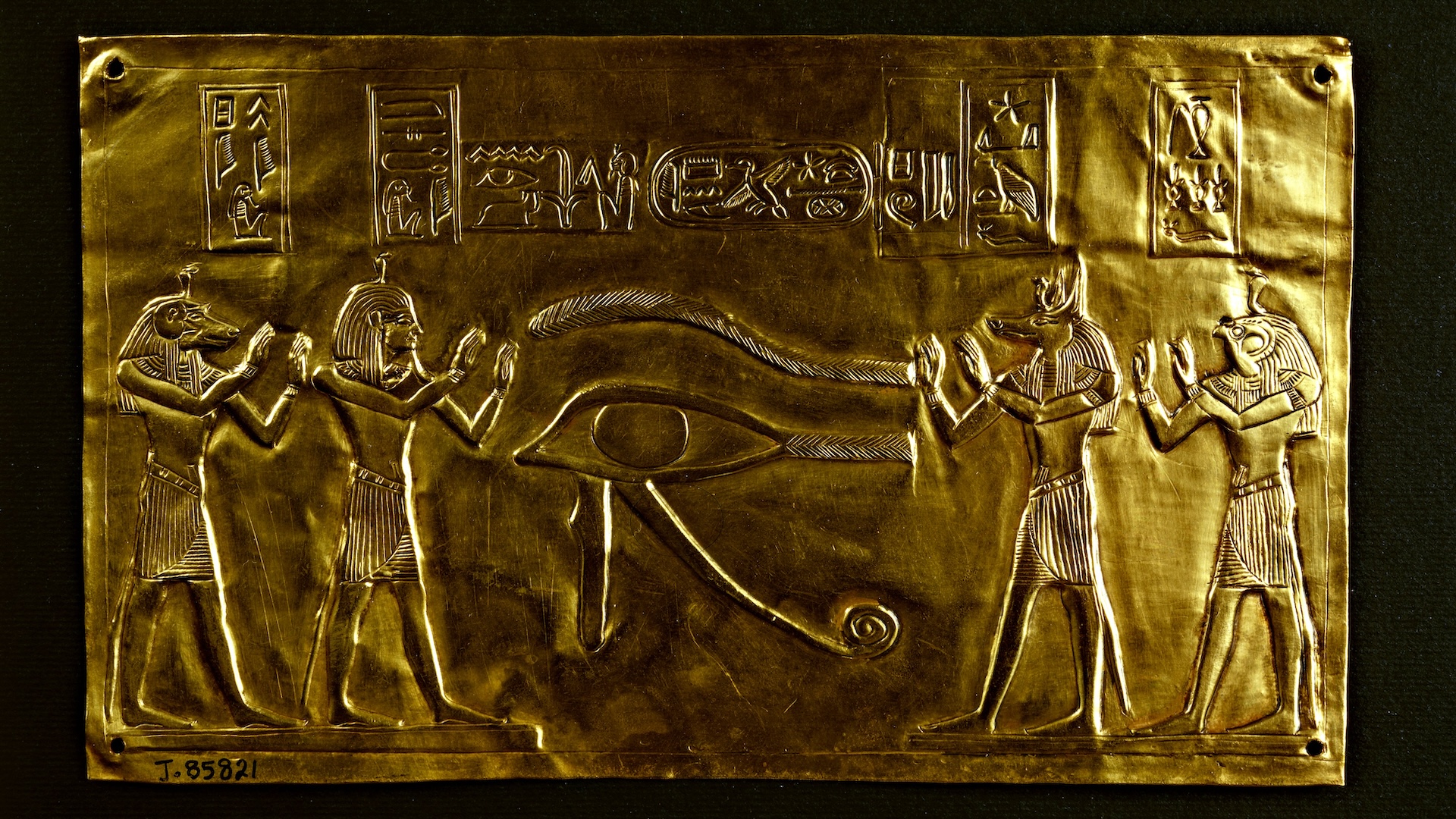'Mpox' is the new name for monkeypox, the WHO says
The World Health Organization will adopt a new name for monkeypox, as the original name is inaccurate and stigmatizing.

The World Health Organization (WHO) has a new name for the viral disease monkeypox: mpox.
The agency announced the name change on Monday (Nov. 28) after deliberating over the term for more than five months.
"When the outbreak of monkeypox expanded earlier this year, racist and stigmatizing language online, in other settings and in some communities was observed and reported to WHO," the announcement reads. "In several meetings, public and private, a number of individuals and countries raised concerns and asked WHO to propose a way forward to change the name."
For example, in June, dozens of scientists signed a letter that called for such a name change and stated that the old name was "discriminatory and stigmatizing." The term monkeypox unnecessarily links the virus to Africa, and by extension, feeds into the idea that the disease is exclusive to Africa and to African people, they argued. In addition, they noted that monkeys and other nonhuman primates are likely not the pathogen's main hosts in the wild — rodents are.
Related: Will monkeypox become a pandemic?
"Monkeypox should be renamed for two major reasons," one being the term's scientific inaccuracy, Dr. Ifeanyi Nsofor, a global health equity advocate and senior New Voices fellow at the Aspen Institute, an international nonprofit organization that addresses complex problems, told NPR in August. The second reason is that "monkey" has long been used as a racist slur against Black people, who have been incorrectly viewed as the primary demographic affected by mpox, he said.
The term monkeypox will be phased out over the upcoming year, after which "mpox" will be adopted as the official name, the WHO stated. This one-year transition period is intended to minimize confusion caused by a name change in the midst of a global outbreak, and it also allows time to update the International Classification of Diseases (ICD) and WHO publications, according to the agency.
Sign up for the Live Science daily newsletter now
Get the world’s most fascinating discoveries delivered straight to your inbox.
The name change follows an earlier WHO recommendation made in August, in which the agency renamed the different clades, or genetically related groups, of mpox viruses. Previously, the two major clades were known as the "Congo Basin" or "Central African" clade and the "West African" clade. The former clade is now known as Clade I, and the latter is called Clade II. (Clade II, the driver of the ongoing outbreak, generally causes less severe disease and fewer fatalities than Clade I.)

Nicoletta Lanese is the health channel editor at Live Science and was previously a news editor and staff writer at the site. She holds a graduate certificate in science communication from UC Santa Cruz and degrees in neuroscience and dance from the University of Florida. Her work has appeared in The Scientist, Science News, the Mercury News, Mongabay and Stanford Medicine Magazine, among other outlets. Based in NYC, she also remains heavily involved in dance and performs in local choreographers' work.










